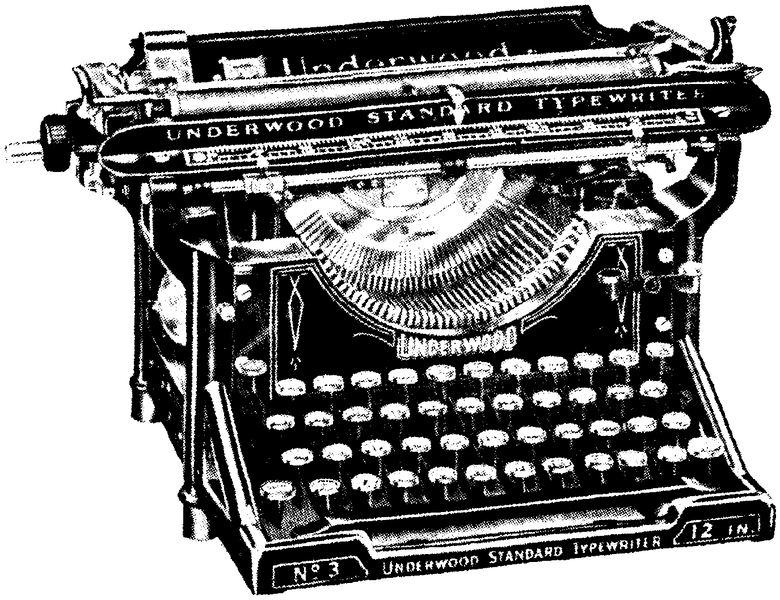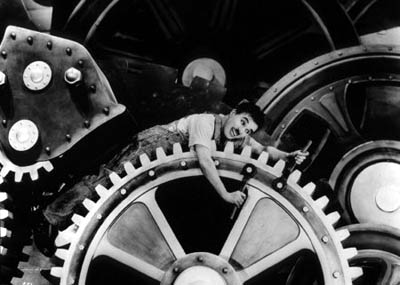A bunch of my favorite articles from 2012. (A couple of pieces from December 2011 are included since I do these lists before the absolute end of the year.) All ungated and free.
- “How to Survive the End of the Universe” (Andrew Grant, Discover): Fascinating account of how humans can escape oblivion as our solar system changes over the next few billion years.
- “Pedestrian Mania” (Brian Phillips, Grantland): Beautiful piece about world-famous 1870s long-distance walking champion Edward Payson Weston, subject of the book, A Man in a Hurry.
- “Brains Plus Brawn” (Daniel Lieberman, Edge) Incredibly fun article about endurance, which points out, among many other things, that as quick as Usain Bolt may seem, your average sheep or goat can run twice as fast.
- “A New Birth of Reason” (Susan Jacoby, The American Scholar): Great essay about Robert Ingersoll, the largely forgotten secularist who was a major force in 19th-century America, taken from the writer’s forthcoming book, The Great Agnostic.
- “Was Frankenstein Really About Childbirth?“ (Ruth Franklin, The New Republic): Provocative piece that makes a strong case that the dread of childbirth was a major impetus for Mary Shelley’s classic.
- “Uh-Oh, the Rise of the Machines Is for Realsies“: (Ben Makuch, Vice): A jarring interview about the Singularity with the NASA scientist Dr. Rich Terrile.
- “Prospects of a Keynesian Utopia,” (John Quiggin, Aeon): Will a roboticized society with 15-hour workweeks be a dream come true–or something else?
- “One’s a Crowd” (Eric Kleinberg, The New York Times): Great Op-Ed piece about the increasing number of people living alone.
- “Of Flying Cars and the Declining Rate of Profit” (David Graeber, The Baffler): The anthropologist explains why we never truly entered the Space Age.
- “How the U.S. Lost Out on iPhone Work” (Charles Duhigg and Keith Bradsher, The New York Times): A deep and penetrating explanation of the complicated forces at play in job outsourcing.
- “The Power of Habit“ (Charles Duhigg, Slate): An excerpt from the author’s bestseller of the same name which explains how Pepsodent became omnipresent.
- “We’re Underestimating the Risk of Extinction” (Ross Andersen, The Atlantic): I didn’t necessarily agree with the premise (or conclusions) of this interview with philosopher Nick Bostrom, but I enjoyed its intelligence immensely.
- “Hustling the Cloud” (Steven Boone, Capital New York): Wonderful piece about a bleary-eyed, middle-of-the-night search for free Wi-Fi–and anything else that would seem to make sense–in a time of dire economic straits.
- “Craig Venter’s Bugs Might Save the World” (Wil S. Hylton, The New York Times Magazine): Fascinating examination of the titular biologist, who wants to make breathing bots that will cure the world’s ills.
- “The Man Who Saves Stephen Hawking’s Voice” (Catherine de Lange, New Scientist): An interesting account of why the famed physicist sounds the way he does and the trying task of keeping his voice the same.
- “The Secret Life of a Society Maven” (Alan Feuer, The New York Times): The journalist finally learns the truth about his namesake’s muddled past.
- “The Machine and the Ghost” (Christine Rosen, The New Republic): The author riffs on how the rise of smart, quantified gizmos and cities necessitates a new “morality of things.”



